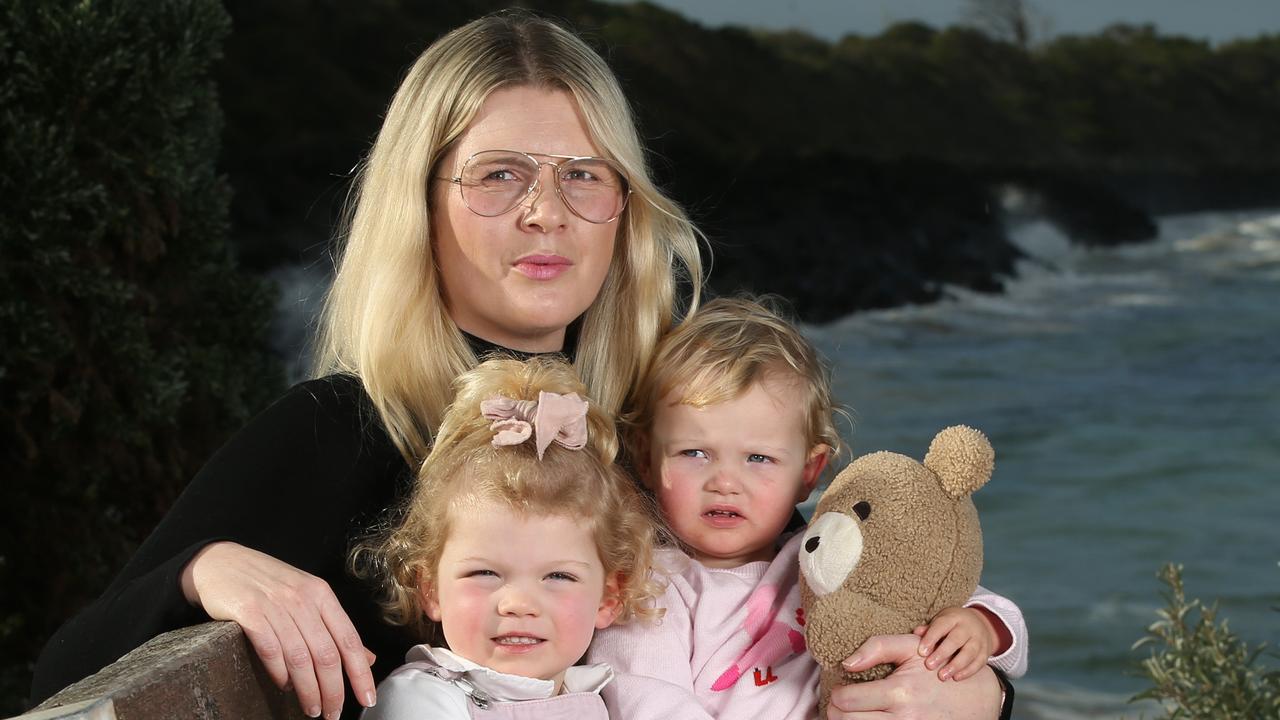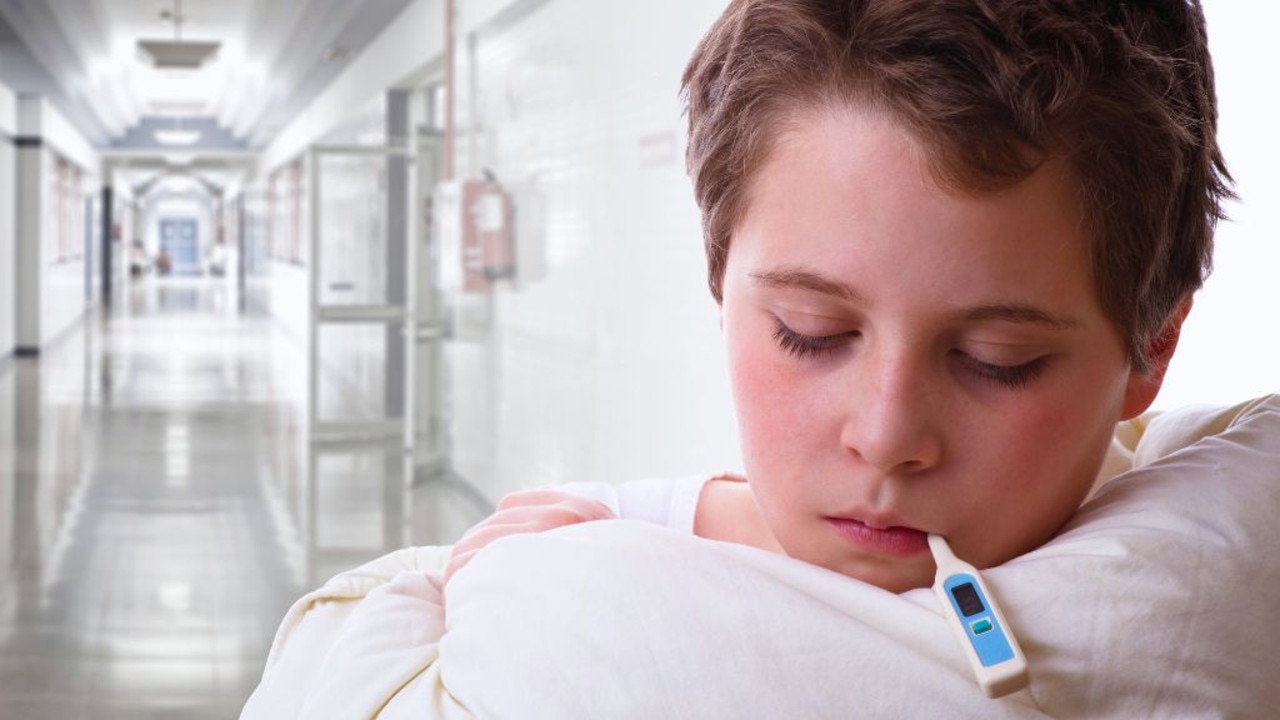Free flu vaccines as cases soar to record high
Australia is in the grip of a record influenza wave, while Covid-19 is also circulating widely. See how you can get the flu vaccine for free.

Cold & Flu
Don't miss out on the headlines from Cold & Flu. Followed categories will be added to My News.
If you haven’t gotten the flu shot, now may be the time.
The National Notifiable Diseases Surveillance System reported record numbers of influenza cases, with more than 42,000 laboratory confirmed cases recorded since January.
And with cooler weather on its way, more cases are expected.
The Immunisation Coalition will be hosting a free Flu Vaccination Day during the last week of April to counteract the record number of cases.
The vaccines will be free to adults aged 18 to 64 years who are not otherwise eliglibe under the National Immunisation Program.
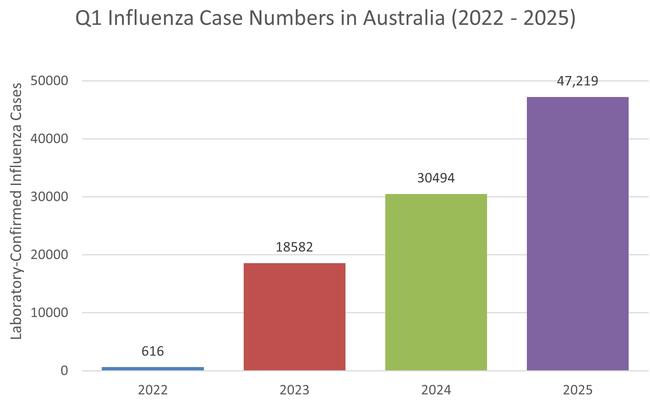
Aussies can get the jab on April 29 at the Town Halls in Melbourne and Adelaide, City Hall in Brisbanen and the Embassy Conference Centre in Sydney.
Canberrans can get the vaccine in the Albert Hall on April 30.
Here’s what you need to know.
For more information and to book your free vaccination, visit: www.immunisationcoalition.org.au.
INFLUENZA CASES ON THE RISE
Flu cases are also expected to rise as it gets colder.
“Higher than usual numbers of flu cases this early in the year means it’s even more important that you get vaccinated sooner rather than later,” Pharmaceutical Society of Australia National President Associate Professor Fei Sim said in a statement.
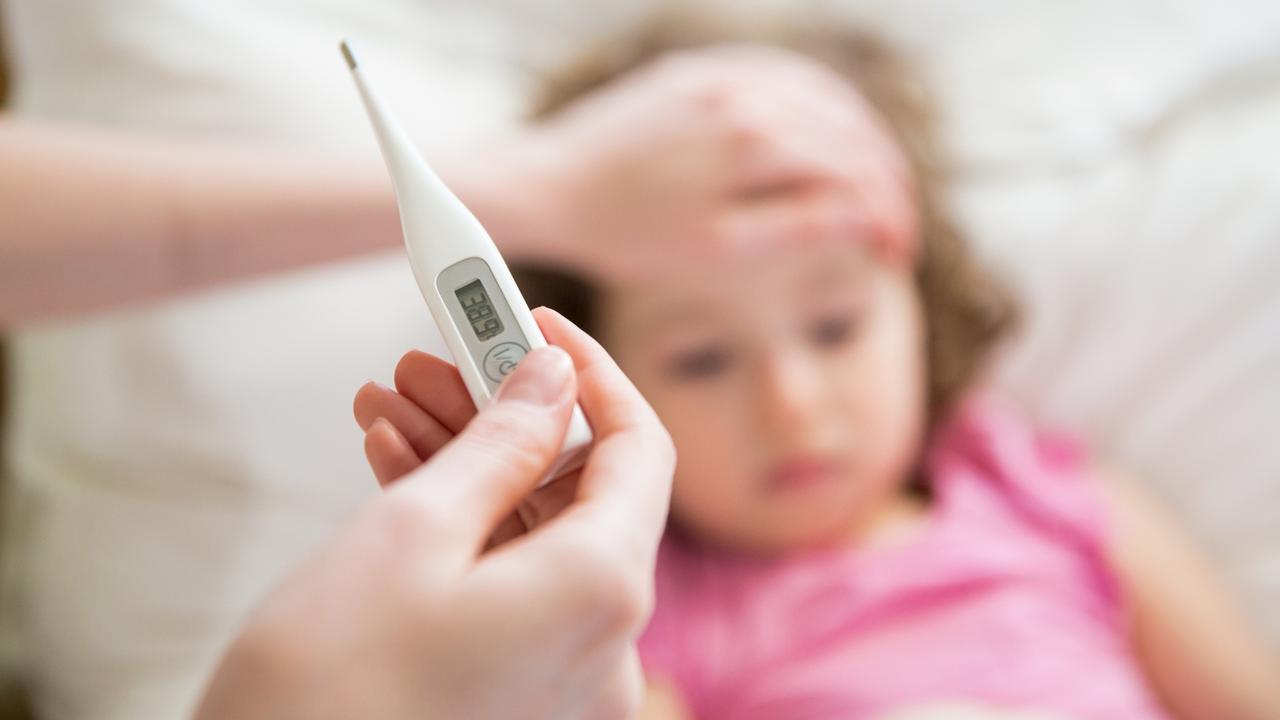
The Department of Health and Aged Care recommends getting the flu vaccine from April onwards to protect from the peak of the season — usually June to August.
Healthdirect’s Chief Medical Officer Dr Nirvana Luckraj said because of this, April or May is the best time to get the flu vaccine.
“There are several types of seasonal influenza vaccines approved by the TGA for different age groups,” Prof Sim said.
“Getting vaccinated through your local pharmacies or general practice is safe and convenient.”
WHAT SHOULD YOU DO ABOUT COVID?
The Department of Health also recommends those 65 and above who are not severely immunocompromised to get the Covid jab every 12 months. Dr Luckraj said that those who are immunocompromised adults are recommended to get the booster every 12 months.
“Covid-19 symptoms can still vary widely, like it did before we had vaccinations and at the start of the pandemic. While for many, especially those who are vaccinated, it may present as a mild respiratory illness, it can still cause severe illness in vulnerable populations,” said Dr Luckraj.
According to the National Notifiable Disease Surveillance System, there have been over 47,000 cases of Covid just this year.
Both Covid and Infleunza are respiratory illnesses that spread through respiratory droplets.
“Transmission can occur anywhere where people are in close contact,” Dr Luckraj said.
“If you are in close contact with somebody who is sick, you are at risk of getting a respiratory infection as well.”

Dr Luckraj said to prevent sickness, it is important to practice good hygiene such as frequent hand washing, ensuring proper ventilation in indoor places and staying home if feeling sick.
“Stay home and rest is the general advice on mild illnesses and to drink plenty of liquids,” Dr Luckraj said. “If you feel that your symptoms are getting worse, or if you’re concerned, it’s always a good idea to see your GP.”
“If you have difficulty breathing, wheezing, feel your heart is beating very fast or feeling extremely weak, that’s the time to seek immediate or urgent medical care.”
Dr Luckraj said many people go to the emergency room for these respiratory illnesses, but that leads to the emergency departments becoming inundated. She said seeking alternatives to the emergency department can free up hospitals.
RESPIRATORY SYNCYTIAL VIRUS ON THE RISE IN KIDS
Respiratory syncytial virus [RSV] activity has been increasing and is currently at a moderate level. There are over 23,000 cases of RSV just this year with more than half of them occurring in ages 0-4, according to the National Notifiable Disease Surveillance System.
This is because RSV mainly affects young children and while symptoms are usually mild, they can sometimes be more severe.
“Children and infants are still developing their immune systems, making them more susceptible to respiratory viruses. Children also have more frequently in close contact with caregivers and other children, which increases the risk of transmission”, Dr Luckraj said.
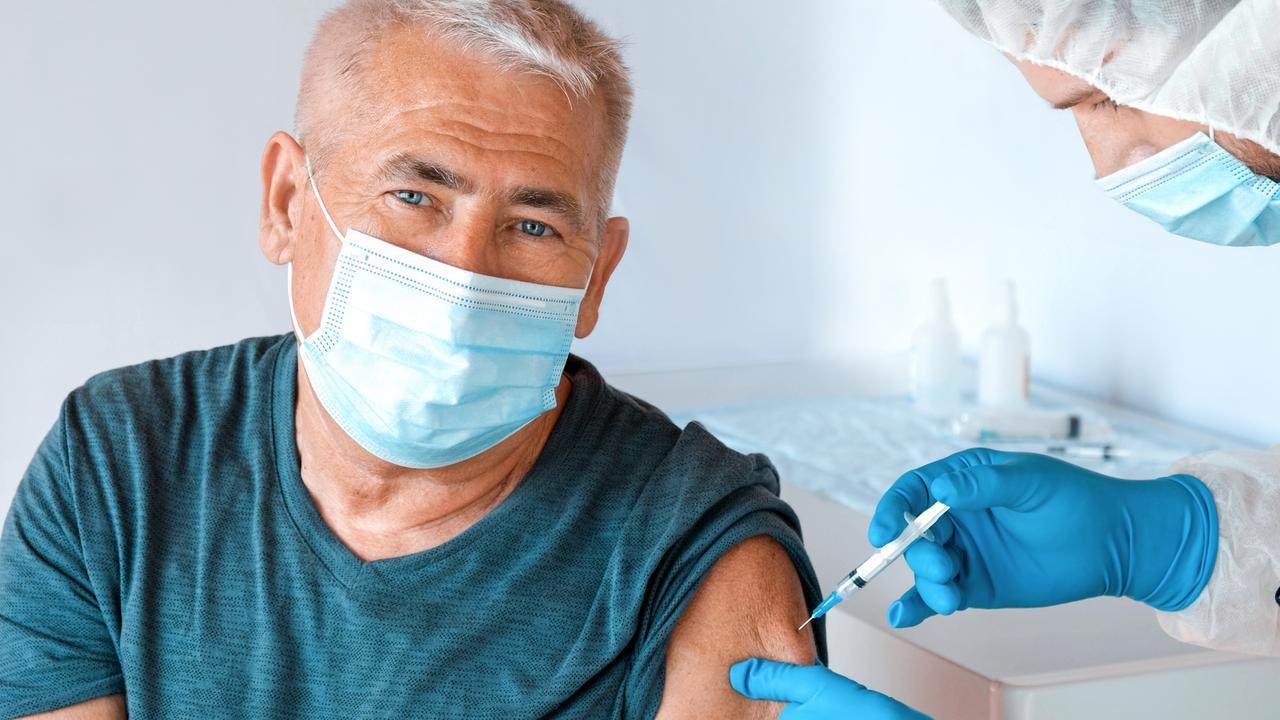
RARE DISEASES SPREADING
Meanwhile, some rare diseases are spreading. A man aged in his 70s was the second person this year to die of Japanese Encephalitis [JE], a rare illness spread by mosquitoes. The disease is preventable by the JE vaccine.
There are currently nine cases of JE in Australia, with six of them occurring in people over the age of 65.
“People need to take mosquito borne infections seriously, especially as people start the clean-up from recent floods in an environment where mosquitoes thrive,” NSW Health’s Executive Director of Health Protection Dr Jeremy McAnulty said in a press release.
“Standing water, like that left after mass rainfall and floods, makes for ideal breeding grounds for mosquitoes. This increases people’s risk of being bitten, especially if they’re working outdoors.”
More Coverage
Originally published as Free flu vaccines as cases soar to record high



